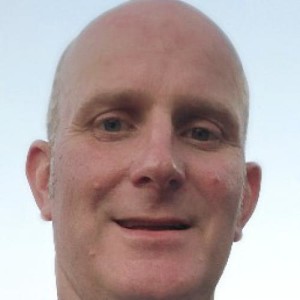Rubbing shoulders with the elite of internet experts and developing future standards are reasons why Glenn Deen is involved in developing tomorrow’s internet standards. Deen, who currently works for Comcast-NBCUniversal, is involved in the Adaptive DNS Discovery (ADD) working group, which he says everyone involved in the DNS should be interested in as it covers a lot of different user scenarios. And it is ccTLDs that understand a great many scenarios whereby ADD can be of benefit. What does ADD do? And what was Glenn’s path to being involved in the IETF? Read on.
CENTR: What is your background?
Glenn Deen: Internet technology development and standards and a long career in network technology R&D.
CENTR: What is your work that led you to becoming involved in the IETF?
GD: The IETF is the home of the standards that power the Internet from email to http, to DNS to low level routing and transport protocols. All of these are important to applications such as streaming which is an important growth area that I’m interested in. Then there’s the community and the people; where else can you rub shoulders with this class of Internet expertise?
CENTR: What was the significance of the Adaptive DNS Discovery (ADD) session at IETF 112 for ccTLDs?
GD: ADD is working on how DNS users can discover what resolvers offer encrypted DNS support, this is discovery for both DoH or DoT supporting resolvers. This is a very big change for how edge clients find DNS servers and it’s something that everyone involved in the DNS should be interested in as it covers a lot of different user scenarios and it’s often the ccTLDs that understand a great many of those different scenarios. Their views and insights would help build a better set of standards on discovery.
CENTR: Why should ccTLDs (or even gTLDs) get involved in the ADD working group?
GD: In addition to the last answer, in general ccTLDs bring their own expertise on what is needed and having more voices involved in creating the standard of how discovery is done makes for a much better standard in the end. This is of course also true for gTLDs, with the gTLDs often bringing in expertise on specific domain sectors.
CENTR: What are the next steps for ADD?
GD: The ADD working group has several proposals that are nearing being ready to move ahead to the next step in the development process – working group last call – which is the step ahead of the proposal being moved closer to a published standard, after IETF wide last call and IESG (Internet Engineering Steering Group) approval.


